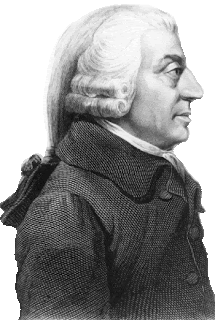Introduction to Economic Theory
Introduction to Economic Theory It’s not the strongest of the species that survive, nor the most intelligent, but the one most responsive to change. Charles Darwin Introduction and Summary Economic theory, generalizations about economies, and economic history began as attempts to understand the Industrial Revolution. The economic theory posts on this blog describe and analyze economic development and economic growth since the start of the Industrial Revolution in the late 1700s. Some writers describe the current economic trends as the Fourth Industrial Revolution. Other observers and commentators believe that information and communication technology and applications have become so central to the economy that we are in the Information Revolution. And others believe that we are at the beginning of the Biotechno...

